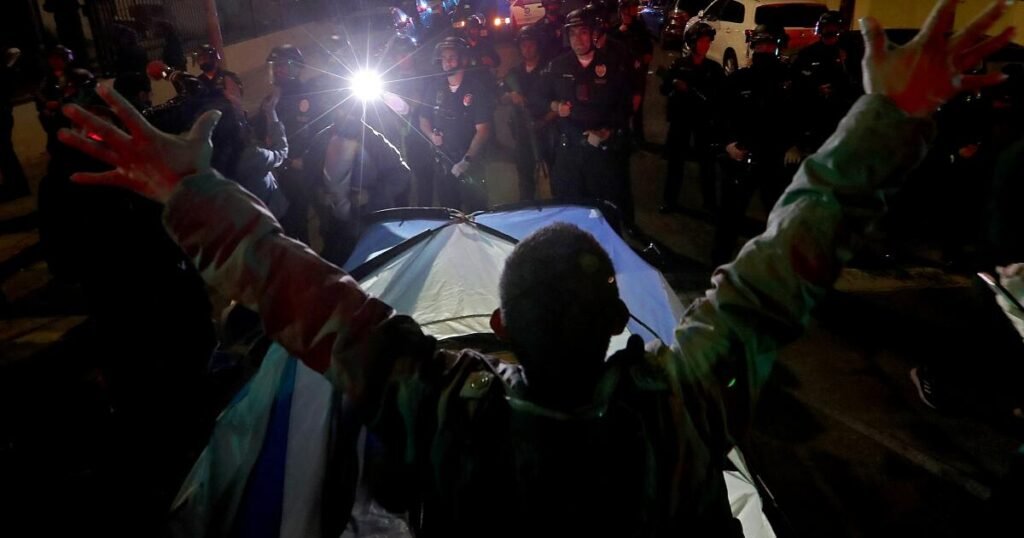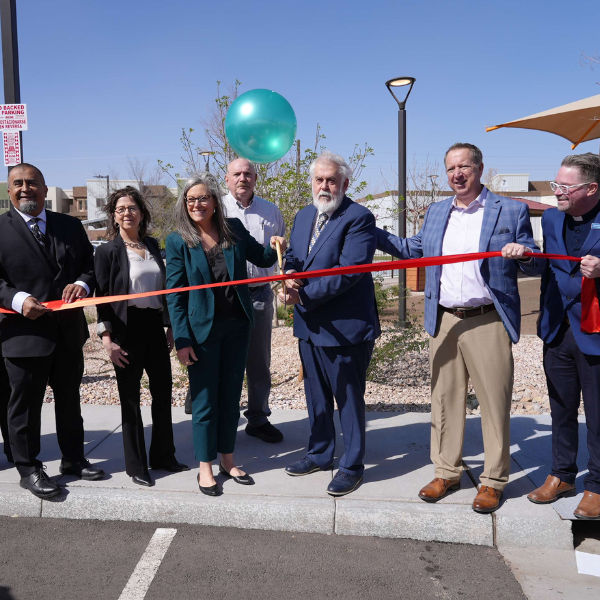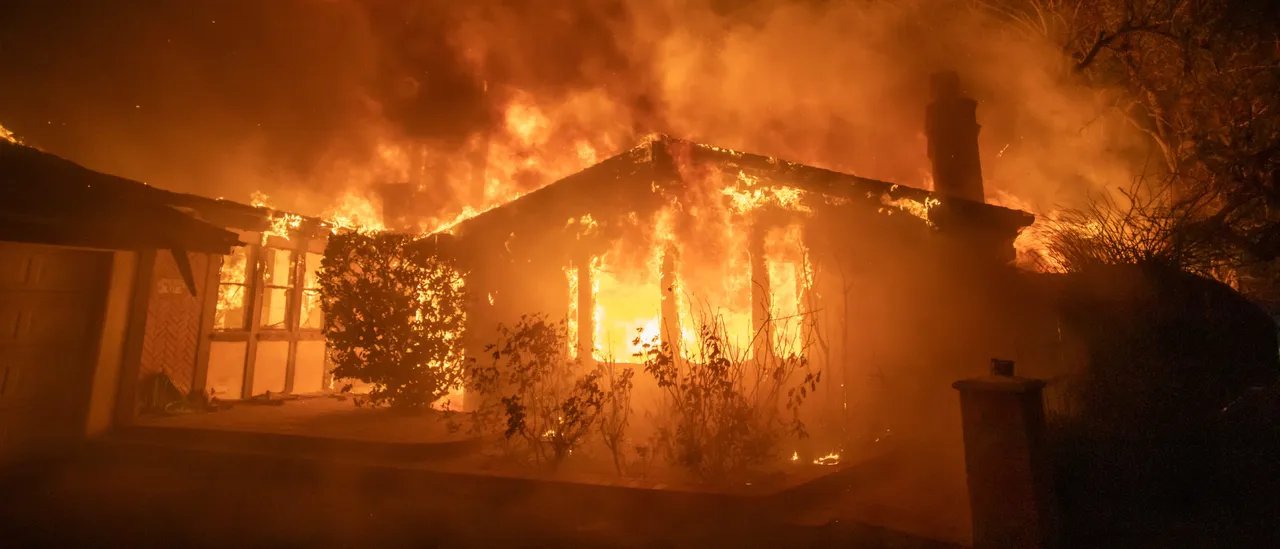Los Angeles to Settle with Journalists Over Arrest During Protests
Los Angeles has tentatively reached an agreement to pay $500,000 to two journalists from Knockla. They alleged that their constitutional rights were violated when police arrested them while covering protests at Echo Park four years ago.
The city, while not admitting any wrongdoing, decided to settle the lawsuit filed by the journalists, thus circumventing a federal civil trial that was set to begin. The settlement, pending approval from the city council, will cover damages and legal fees.
Kate MacFarlane, the attorney representing the journalists, expressed that the resolution felt somewhat hollow. She noted that despite ongoing lawsuits, the culture within the Los Angeles Police Department (LAPD) remains unchanged, particularly regarding how they treat journalists covering protests, even those against the Trump administration.
MacFarlane remarked, “Recently, journalists have been targeted by the LAPD, which seems to be using various tactics to stifle the corrections that should be reported.”
A spokesperson for LAPD declined to provide any comments, and the Los Angeles City Attorney’s Office did not respond to inquiries.
In another recent case, several media advocacy organizations filed a lawsuit after police actions resulted in numerous injuries during protests in June. This led to a court order prohibiting officers from using hard projectiles against reporters.
The incident involving Knockla occurred on March 25, 2021. Reporters Jonathan Peltz and Kathleen Gallagher were covering the removal of a homeless encampment near Echo Park Lake.
Despite clearly identifying themselves as journalists and interacting with fellow media members, Peltz and Gallagher claimed in their lawsuit that they were arrested when the LAPD declared an illegal assembly. Typically, state law allows journalists to document police operations, even when the public is instructed to disperse.
Other journalists present, including James Creeley and Kate Cagle, were released on the scene, unlike Peltz and Gallagher, who faced plastic zip ties binding their wrists. The police also searched their belongings and confiscated items before transporting them with other arrested protesters. Both were held for over four hours.
Peltz later required medical attention, with staff reporting swelling in his arms and hands due to prolonged constriction from the zip ties.
Out of more than 180 arrests that night, none faced charges.
The lawyers for Peltz and Gallagher argued that their experiences align with a pattern of LAPD harassment against journalists, especially those from smaller, non-traditional outlets.
During the lawsuit, a text exchange was revealed involving then-LAPD Chief Michelle Moore. On the protest night, she inquired about the detention of a reporter, indicating concern about the potential attention it could attract.
In the exchange, Deputy Chief Donald Graham sent resources to the scene, and Moore suggested to hold transport until they had further clarity.
While the LAPD released a report acknowledging mistakes in handling media members, they defended their aggressive response, claiming that officers felt threatened.
The department stated they have enhanced initiatives to engage with local media organizations and improved training for sergeants and detectives regarding identifying journalists during large demonstrations.
MacFarlane emphasized that their case highlights a broader issue reflecting the LAPD’s attempts to evade accountability. “It’s evident that LAPD is trying to obscure their actions, particularly when those actions are unlawful,” she stated.







